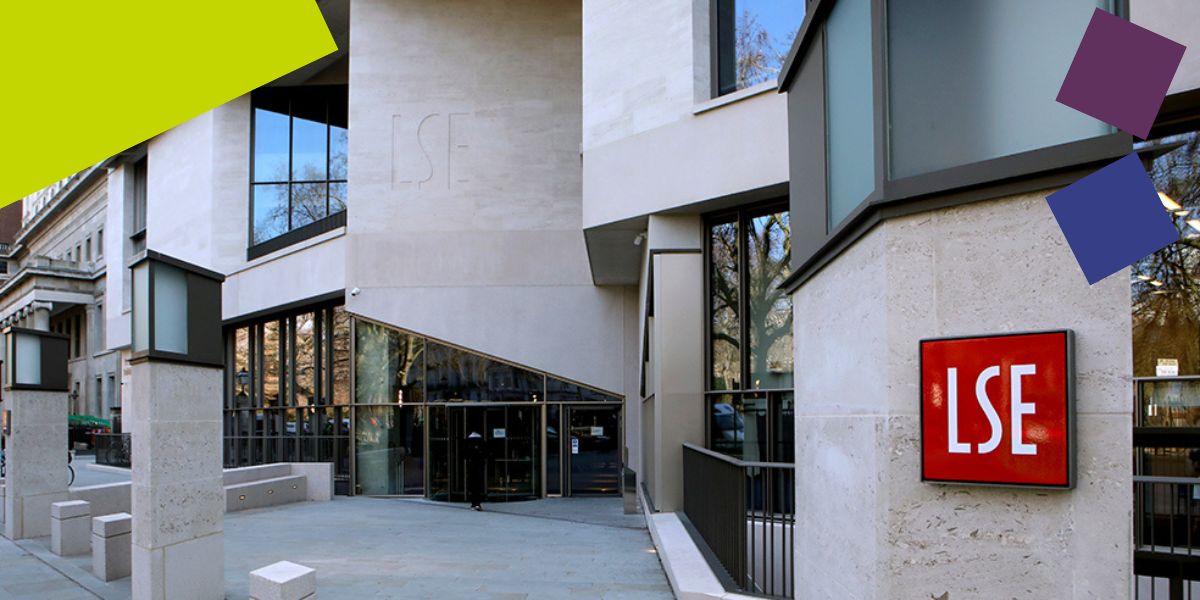The importance of diversity
Diversity is a critical factor for a university’s capacity to produce impactful research. Personal experience and identities mould our ways of thinking. As such, our unique perspectives are what drive us to identify gaps in existing literature, propose an innovative new direction for our field, or produce ground-breaking scholarship. When people bring these unique perspectives together, it sparks intellectual curiosity and self-reflection that might be otherwise passed over. If a university seeks to be a vector for societal change and have a truly global reach, it will embrace and facilitate diversity among its students and faculty. I like to think LSE recognises this imperative. It has earned a strong reputation for its dynamic academic community, which comprises over 140 nationalities and has fostered a substantial Black, Asian and minority ethnic (BAME) student body.
LSE 2030 strategy
Unfortunately, this representation remains smaller among research postgraduate students than our counterparts in LSE’s taught postgraduate and undergraduate programmes. Fortunately, the university has acknowledged the need for change, and is making strides in the right direction. The LSE 2030 Strategy promises to foster greater diversity, produce research with greater real-world impact, and strengthen inclusivity. As diversity is one of the key aspects of the 2030 Strategy, LSE is expanding its existing Widening Participation scheme. One of the most significant aspects of this expansion is the creation of the Attaining Comprehensive Equality in Postgraduate Research Initiative (ACE PGR).
ACE Initiative
In the initial phase os this pilot scheme, the ACE Initiative offers support for UK BAME students in three stages, addressing barriers to diversity throughout the research postgraduate life cycle. First, it enhances accessibility before students arrive. Second, it aids students while they are at LSE. Third, it prepares students for their future careers. In taking this holistic approach, the ACE Initiative will help participating departments to reach a broader range of prospective students, retain those offered positions, and in turn enhance our community of scholars.
There are countless barriers which diminish the accessibility of post-graduate research. The ACE Initiative addresses some of the greatest issues. It seeks to tackle the challenge posed by cost, by allowing BAME applicants of UK nationality to waive the £95 application fee, which has historically been mandatory. The intention is to increase the volume of applications from UK underrepresented communities. The ACE Initiative also brings nuance through a contextualised admissions process, which recognises that grades and exam scores do not necessarily predict future outcomes. In taking this approach, LSE is demonstrating that no one should be barred from an academic career due to application fee or difficult personal circumstances. Additionally, prospective students will receive pre-interview support, including a preparatory session with a member of staff. Finally, the ACE Initiative enhances accessibility by providing application feedback in case of a rejection, to encourage successful future applications.
The future of LSE
Encouraging greater diversity among postgraduate research students dovetails with LSE’s efforts to promote diversity among the faculty. Many postgraduate research students work as Graduate Teaching Assistants, take on fellowships after completing their degrees, or even find permanent employment at LSE. Promoting inclusivity and providing greater career support will naturally create a faculty which reflects its student body. The ACE Initiative, therefore, is an important step in reaching that goal.
Like many people, I was attracted to the diversity of LSE’s academic community when deciding to apply. It is encouraging to see the university recognise the need for improved diversity among postgraduate research students. Through the ACE Initiative, LSE is actively addressing underrepresentation, and creating a system for targeted support throughout each stage of postgraduate research. Ultimately, this is crucial to enhance the quality of LSE’s research output and cement its future reputation as a true centre of global change.
Read more about the ACE PGR Initiative and how to submit a request to the application administrative fee waived.






This is such an insightful article, thank you!